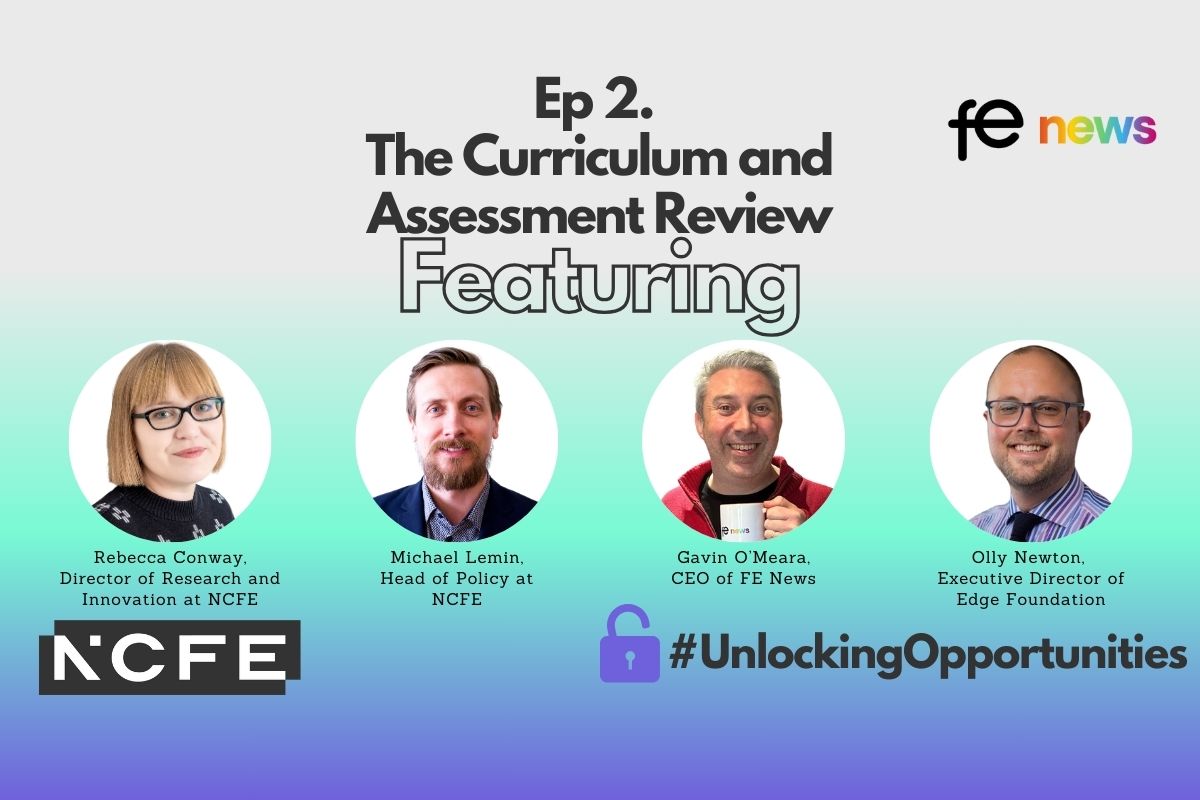Making education accessible to everyone: The #AugurReview has much to commend it

The recent HEPI Annual Conference (13 June), covered a lot of topics including the Augur Review of post-18 education, funding and how universities can ‘future-proof’.
Of course there is a great deal of uncertainty about what may be implemented following the Augur review, as this will depend on government.
In our view the recommendations have much to commend them. Some may say they don’t go far enough, but, if adopted, they could represent a major step forward for the future of post-18 education.
They help to join up the different pathways between school leavers, students in further or higher education and ‘mature’ learners (24+).
They should enable more flexible learning, including part-time and modular approaches, which would really help to bring lifelong learning to life.
In our view this approach makes education accessible for everyone, whatever their stage of life or previous educational experience.
We particularly support the proposed introduction of a Lifelong Learning Account. It’s a critical piece of the jigsaw that previously had a few holes in terms of educational access and opportunity, in particular for older adults.
You may think that’s a strange statement for a university, but, as many of you will know, we provide education for all stages of people’s lives. That starts at school, with our GCSE and A Level equivalent qualifications in personal finance, progressing to our undergraduate and postgraduate finance qualifications and then into our professional qualifications which cover many aspects of careers in the finance sector. We work closely with the financial services sector at all these stages.
Employers in our sector (the finance industry) need different ways to upskill and re-skill their staff, to help them adapt to an increasingly digital environment and fast-changing customer needs.
They are also looking to diversify their workforces. So, as well as taking university graduates, they are starting to establish degree-level apprenticeships with us, along with supporting their workers in taking professional qualifications – such as in banking, investment and regulated advice.
So a lot happens in the finance sector, with employer support. But giving individuals the option of taking control of their future careers by being able to work and study independently, with support from the government, would also be a big step forward in increasing access to careers in the sector.
Staged awards would also help to support that, although we recognise this can pose challenges for the HE sector. We support them in principle (and practice), as they open up more opportunities and allow more flexibility for individuals, but there does need to be more detail behind their use to make sure this approach also works for the sector.
There’s a lot to work through with these proposals – including, of course, the funding to make sure that it’s a ‘level playing field’ for all. We’ll be watching and waiting for the government’s response. But in the meantime, this report, in our view, is a very helpful leap in the right direction.
Hema Tank is the Associate Dean of The London Institute of Banking & Finance
About The London Institute of Banking & Finance: A university providing under-graduate and post-graduate degree courses for students aiming to pursue a career in banking, investment and finance. Career advice and skills are integral to our programmes. We also work with the industry to provide degree-level apprenticeships and provide accredited professional qualifications for the finance sector, helping people throughout their careers.











Responses